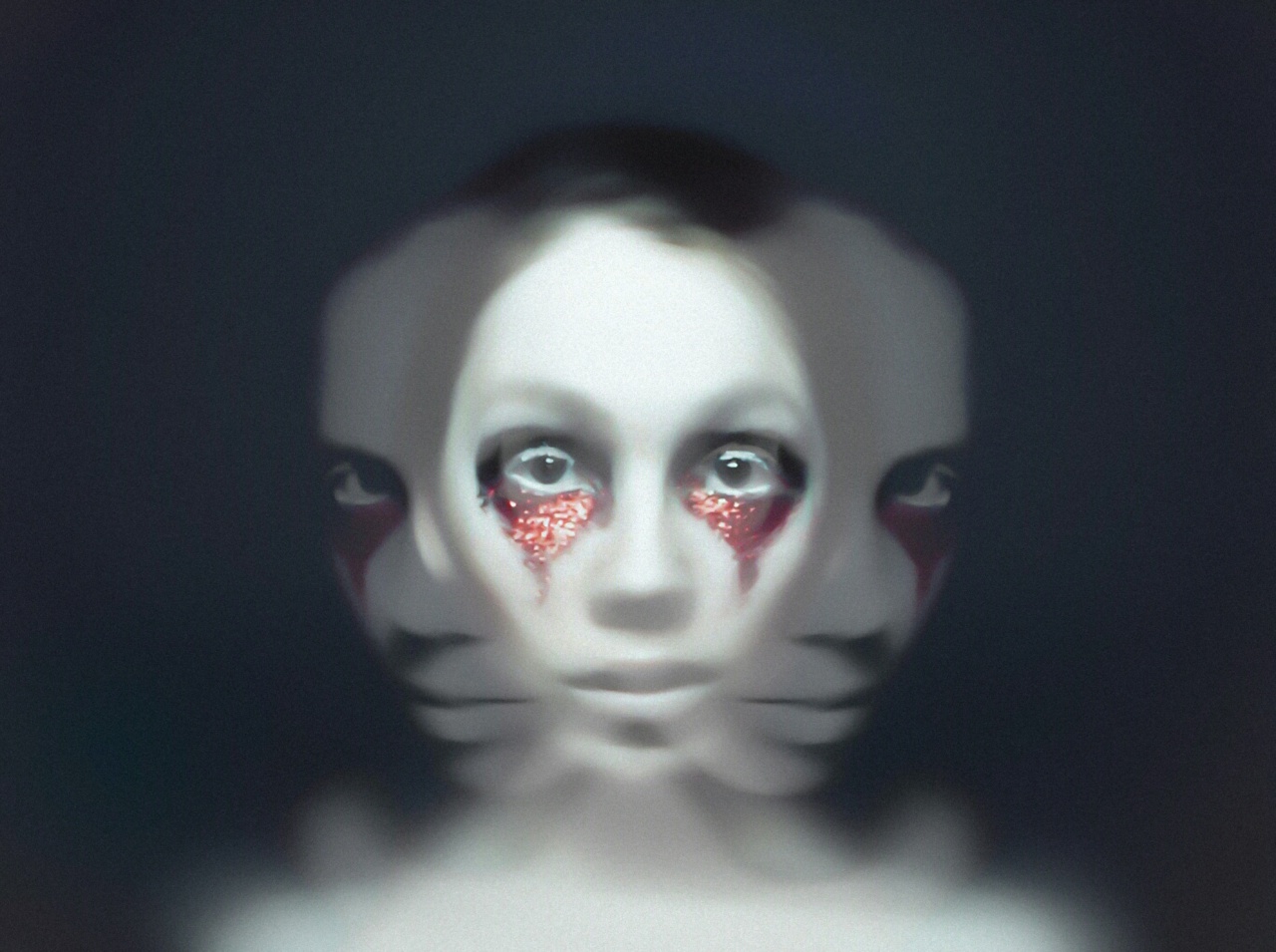Red eyes can be an annoying and uncomfortable condition that affects many individuals. Whether it’s due to allergies, lack of sleep, or excessive screen time, red eyes can be bothersome and even impact your overall appearance.
Luckily, there are several secrets to avoiding red eyes and keeping your eyes looking and feeling their best. In this article, we will explore some effective strategies to help you prevent and manage red eyes.
1. Practice Proper Eye Hygiene
One of the fundamental steps to avoiding red eyes is good eye hygiene. Here are some simple practices to incorporate into your daily routine:.
- Wash your hands regularly to prevent any dirt or bacteria from entering your eyes. This is particularly important before touching your eyes or applying any eye drops or ointments.
- Avoid rubbing your eyes, as this can further irritate them and potentially lead to redness and inflammation.
- Clean your contact lenses thoroughly and replace them as recommended by your eye care professional.
- Remove your contact lenses before going to bed or taking a nap, as leaving them in can cause dryness and redness.
2. Take Frequent Breaks from Screens
In today’s digital age, many of us spend hours looking at computer screens, smartphones, and other electronic devices. Prolonged screen time can strain your eyes, leading to redness and discomfort.
To minimize the impact on your eyes, follow these steps:.
- Take regular breaks from your screen every 20 minutes and focus on an object at least 20 feet away for at least 20 seconds. This is commonly known as the “20-20-20 rule.”
- Adjust the brightness and contrast settings on your screens to reduce eye strain.
- Position your screens slightly below eye level and at a comfortable distance to avoid excessive eye movement.
- Consider using blue light filters or wearing computer glasses that can help minimize eye fatigue and strain caused by screens.
3. Manage Allergies Effectively
Allergies can trigger redness and itchiness in the eyes. To combat this, try the following remedies:.
- Identify and avoid allergens that trigger your allergies. Common culprits include pollen, pet dander, dust mites, and certain foods.
- Keep your home clean and dust-free by regularly vacuuming, washing bedding in hot water, and using air purifiers.
- Consider using over-the-counter antihistamine eye drops or oral medications to alleviate allergy symptoms.
- If symptoms persist, consult an allergist or ophthalmologist who can provide further guidance and prescribe targeted treatments.
4. Stay Hydrated
Dehydration can contribute to dry and red eyes. It is important to drink an adequate amount of water throughout the day to keep your body and eyes hydrated.
In addition to drinking water, you can also use moisturizing eye drops to relieve any dryness or irritation.
5. Protect Your Eyes from Irritants
Contact with irritants can cause redness and discomfort in the eyes. Here’s how you can protect your eyes:.
- Wear protective goggles or glasses when doing activities that may expose your eyes to irritants, such as swimming, cooking, or working with chemicals.
- Avoid exposure to smoke, whether it’s cigarette smoke or other environmental pollutants.
- Use artificial tears or lubricating eye drops to soothe your eyes if you come into contact with irritants.
6. Practice Proper Sleep Habits
A lack of quality sleep can lead to a range of eye problems, including redness. Follow these tips for better sleep:.
- Establish a regular sleep schedule and aim for a consistent amount of sleep each night.
- Create a relaxing bedtime routine that helps signal to your body that it’s time to wind down.
- Ensure your bedroom is dark, quiet, and at a comfortable temperature to promote uninterrupted sleep.
- Avoid caffeine and electronic devices close to bedtime, as they can interfere with sleep quality.
7. Manage Stress Levels
Stress can manifest physically, including through red and tired-looking eyes. Try incorporating these stress management techniques into your routine:.
- Engage in regular exercise or physical activities that help reduce stress levels.
- Practice relaxation techniques such as deep breathing, meditation, or yoga.
- Ensure you have adequate time for hobbies, interests, and socializing to balance out work-related stress.
- Consider speaking with a therapist or counselor who can provide guidance on stress management.
8. Avoid Eye Irritants in Cosmetics
Some eye cosmetics and beauty products may contain ingredients that can irritate your eyes, leading to redness and inflammation. To minimize this risk, follow these recommendations:.
- Choose eye makeup products that are hypoallergenic and free of fragrances.
- Avoid sharing eye makeup to prevent the spread of bacteria and potential eye infections.
- Remove your makeup thoroughly before going to bed to prevent any residues from entering your eyes.
- Replace eye makeup regularly to avoid using expired and potentially harmful products.
9. Maintain a Balanced Diet
A nutritious diet plays a vital role in maintaining overall eye health. Include the following eye-friendly nutrients in your meals:.
- Omega-3 fatty acids: Found in fish, flaxseeds, and walnuts, they help reduce the risk of dry eyes.
- Vitamin C: Found in citrus fruits, bell peppers, and strawberries, it supports healthy blood vessels in the eyes.
- Vitamin E: Found in almonds, spinach, and sunflower seeds, it protects cells from oxidative damage.
- Carotenoids: Found in carrots, sweet potatoes, and kale, they are essential for good vision and reducing the risk of eye diseases.
10. Visit an Eye Care Professional
If you continue experiencing persistent red eyes or if your symptoms worsen, it is crucial to seek advice from an eye care professional. They can assess your condition, identify any underlying causes, and recommend the appropriate treatment options.
Regular eye exams are also important for maintaining good eye health and catching any potential issues early on.































